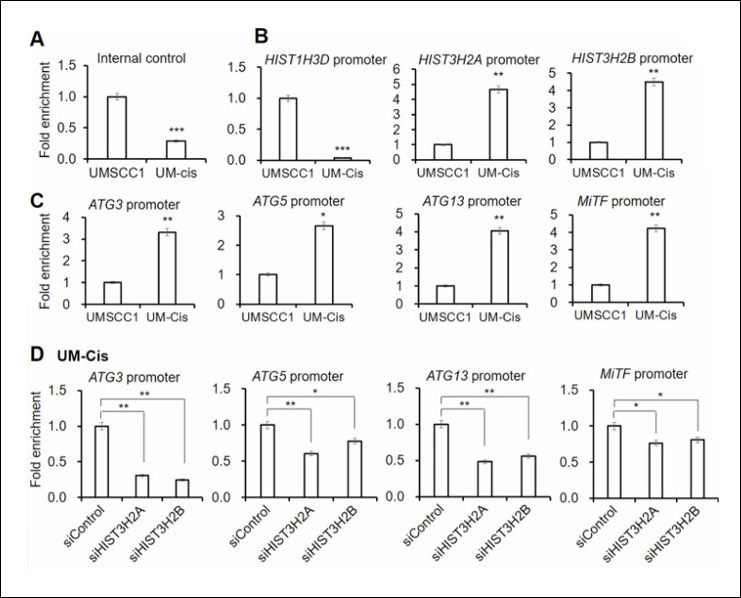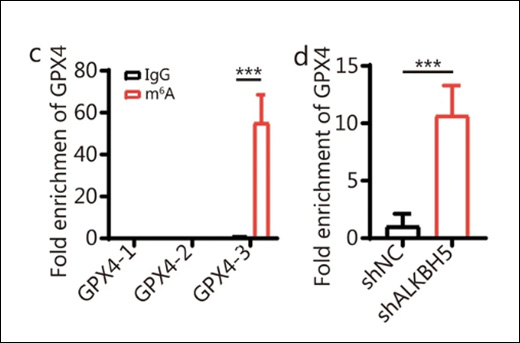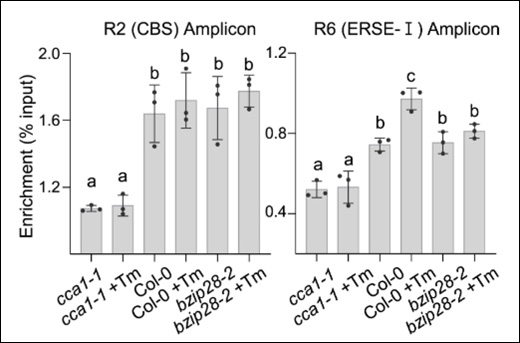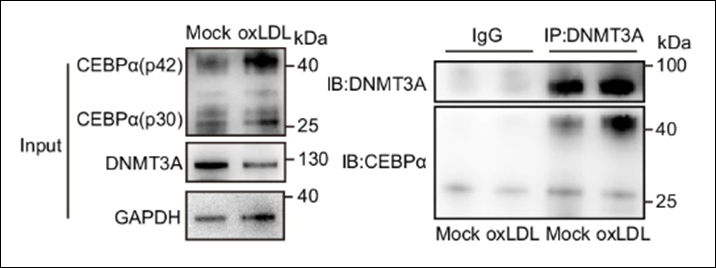CRISPR/Cas9 has transformed biology by allowing researchers to precisely edit DNA, offering unprecedented opportunities in medicine, agriculture, and biotechnology. Yet, one of the most significant challenges in plant research is delivering the Cas9 enzyme efficiently into cells. Many plants are notoriously resistant to genetic transformation, and the large size of Cas9 proteins has limited the use of virus-induced genome editing (VIGE), a promising method that bypasses traditional tissue culture. Overcoming this barrier is critical for advancing both basic plant biology and applied agricultural research.
Study Approach
A study published in Frontiers in Genome Editing addressed the delivery problem by splitting the Staphylococcus aureus Cas9 (SaCas9) enzyme into smaller fragments. These fragments were reassembled inside plant cells using intein-mediated protein splicing, resulting in a functional enzyme that could be delivered through virus-induced genome editing (VIGE). The researchers tested this approach in rice and in sheepgrass, a forage species that is particularly resistant to transformation. Editing efficiencies in rice were comparable to full-length Cas9, and in sheepgrass, efficiencies ranged from 10 to 37 percent—an important achievement in a plant long considered challenging for genome modification.
EpigenTek’s Antibody Validation
To confirm Cas9 protein expression and validate the success of the split system, the researchers used EpigenTek’s CRISPR/Cas9 (SaCas9) Monoclonal Antibody [6H4] in Western blot and immunoprecipitation experiments. This high-quality antibody, which is also used in EpigenTek’s own CRISPR assay kits, provided the sensitivity needed to detect SaCas9 in plant samples and support the study’s findings.
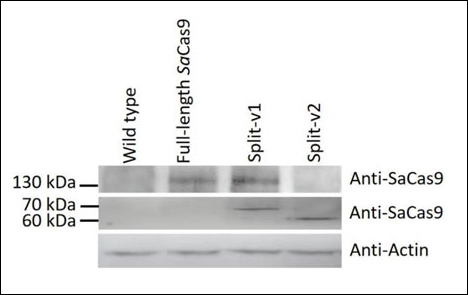
Key Findings and Future Potential
The results showed that intein-mediated split SaCas9 is a practical solution for expanding CRISPR applications in plants. By reducing the size of the nuclease and enabling viral delivery, this strategy could make genome editing accessible to a broader range of plant species. The ability to edit difficult crops and forages has important implications for agriculture, including improving yield, disease resistance, and stress tolerance. Beyond plants, the study demonstrates a general principle—splitting and reassembling Cas9—that could inspire innovations in other systems, including base editing and prime editing technologies.
This work highlights the growing potential of CRISPR not only in plants but also across diverse fields of biology. By combining novel engineering strategies with reliable research tools, researchers are overcoming long-standing barriers in genome editing.
To assist researchers, EpigenTek provides high-quality ELISA-based CRISPR/Cas9 assay kits and antibodies, including the SaCas9 antibody used in this study, to ensure accurate, reproducible, and innovative research outcomes.




 Cart (0)
Cart (0)






